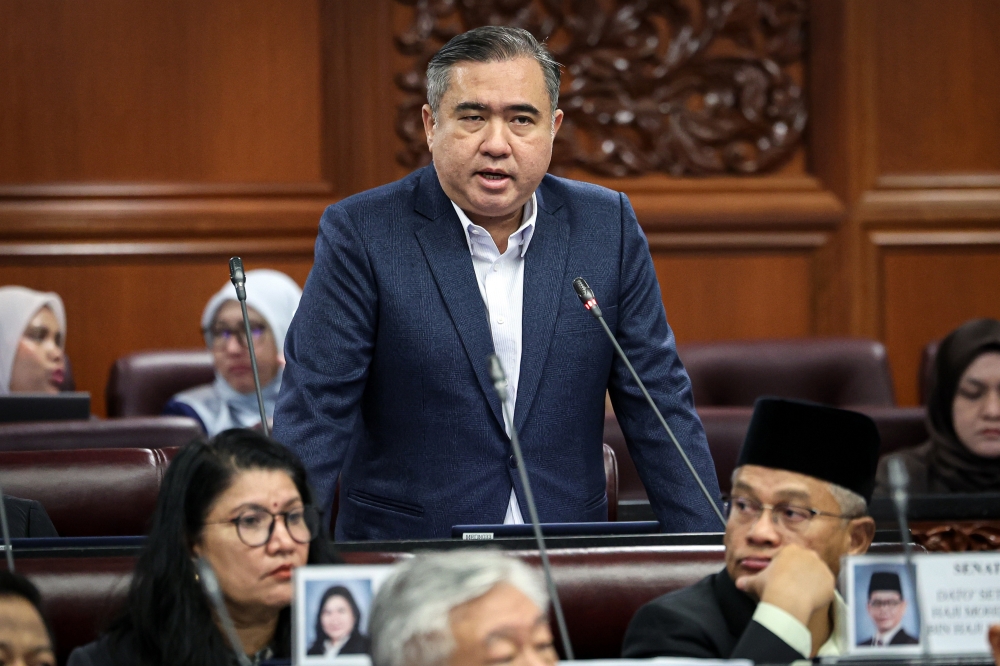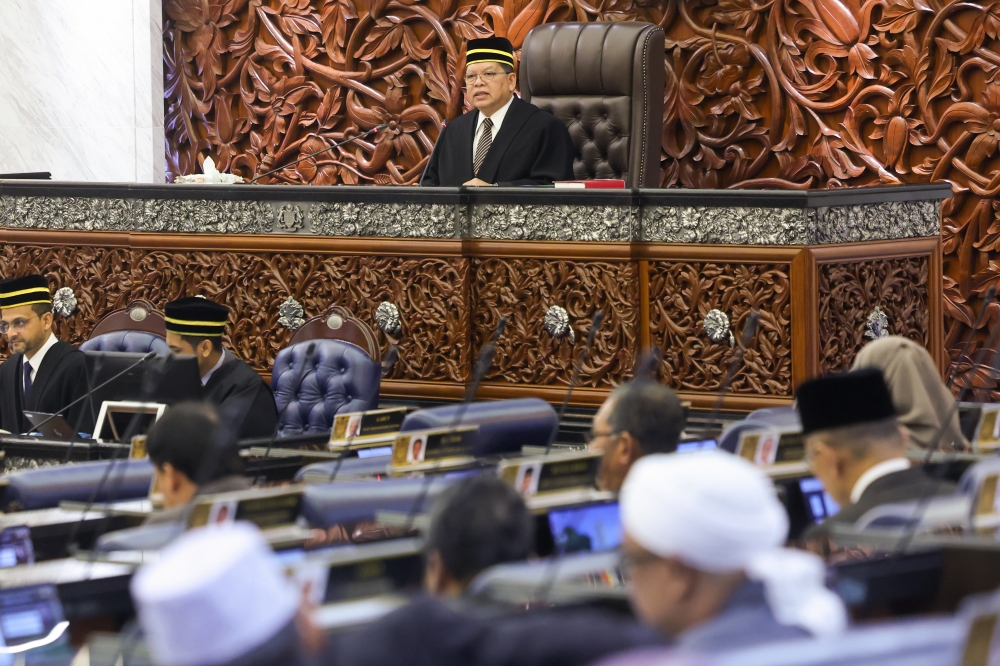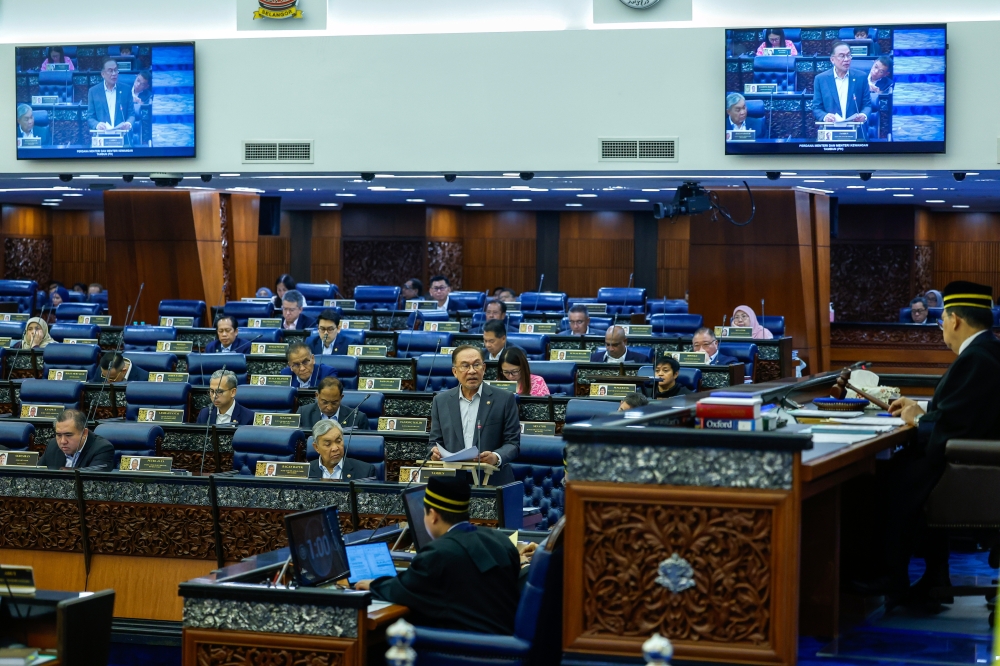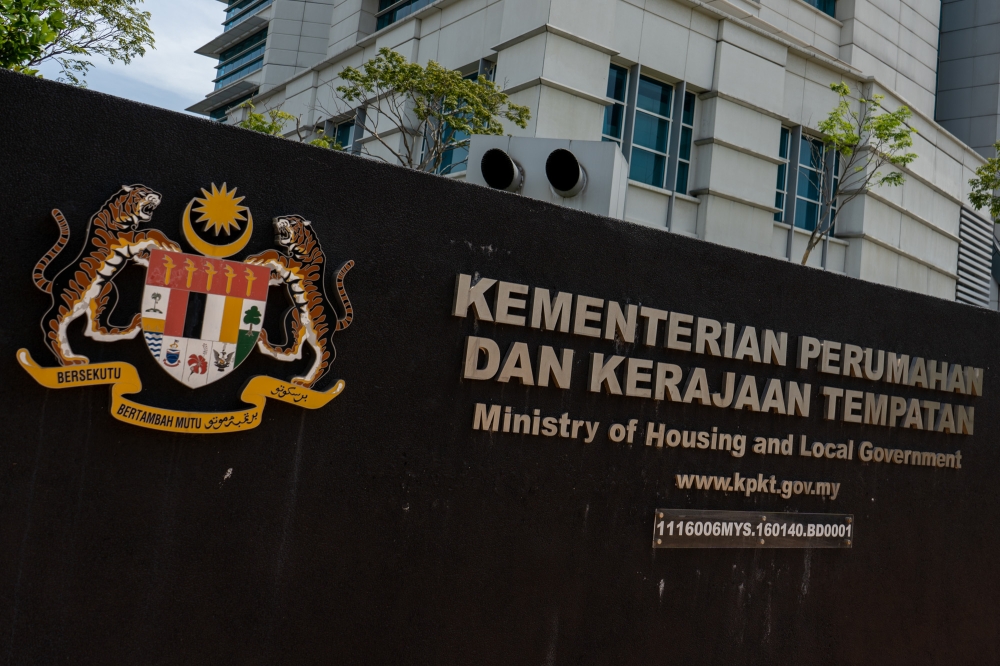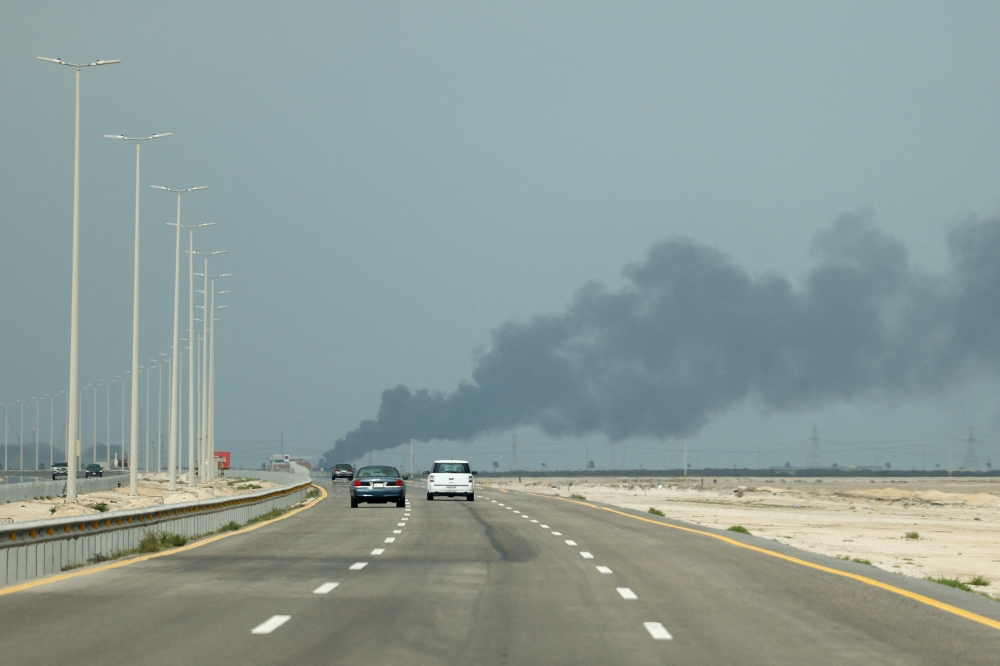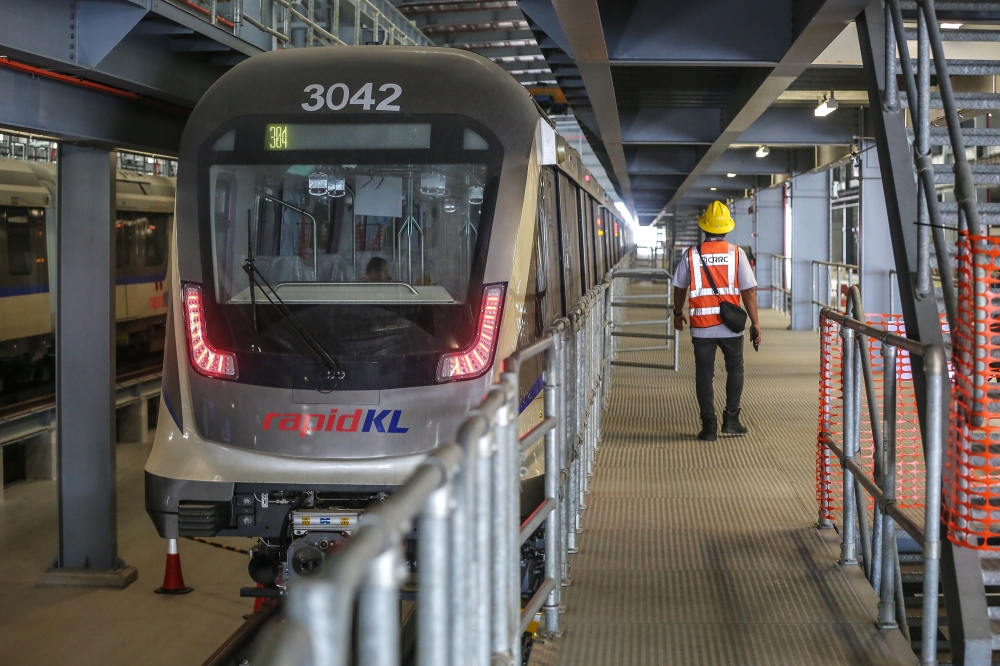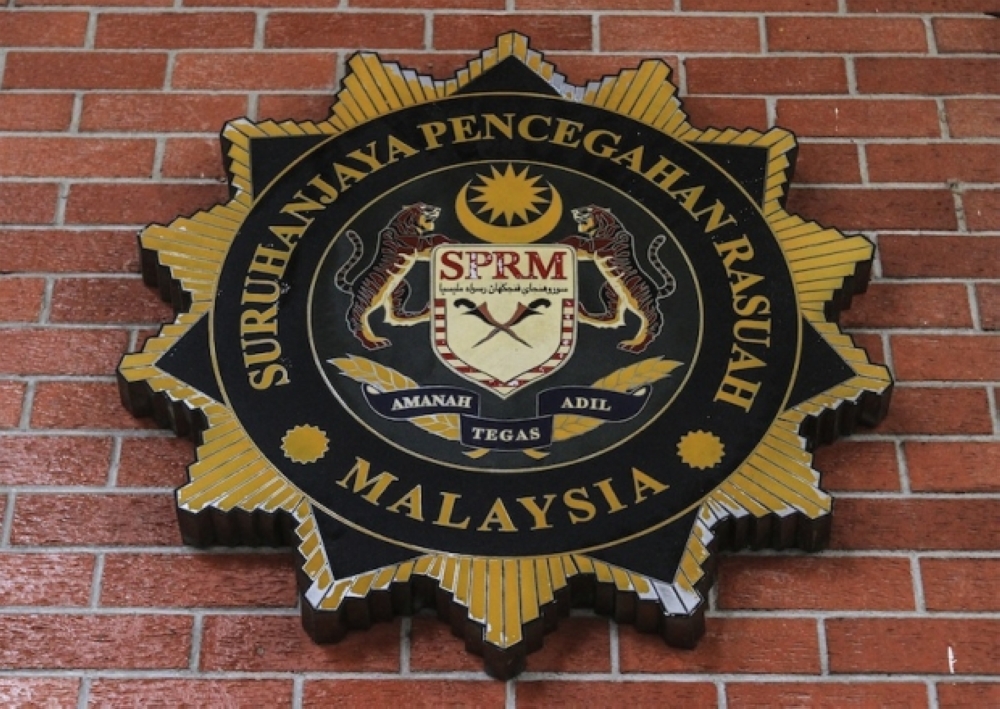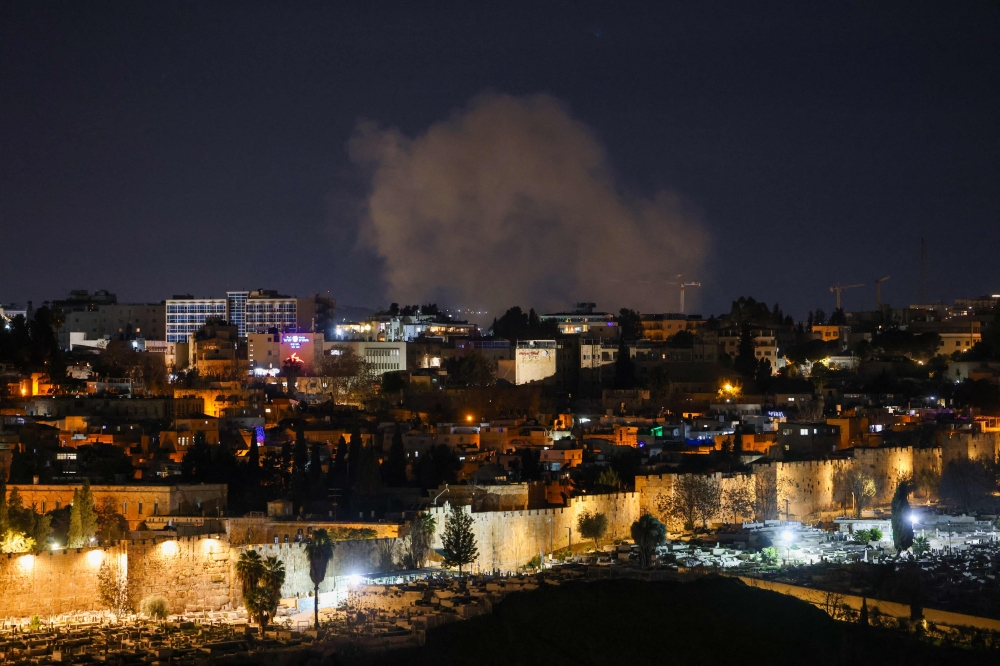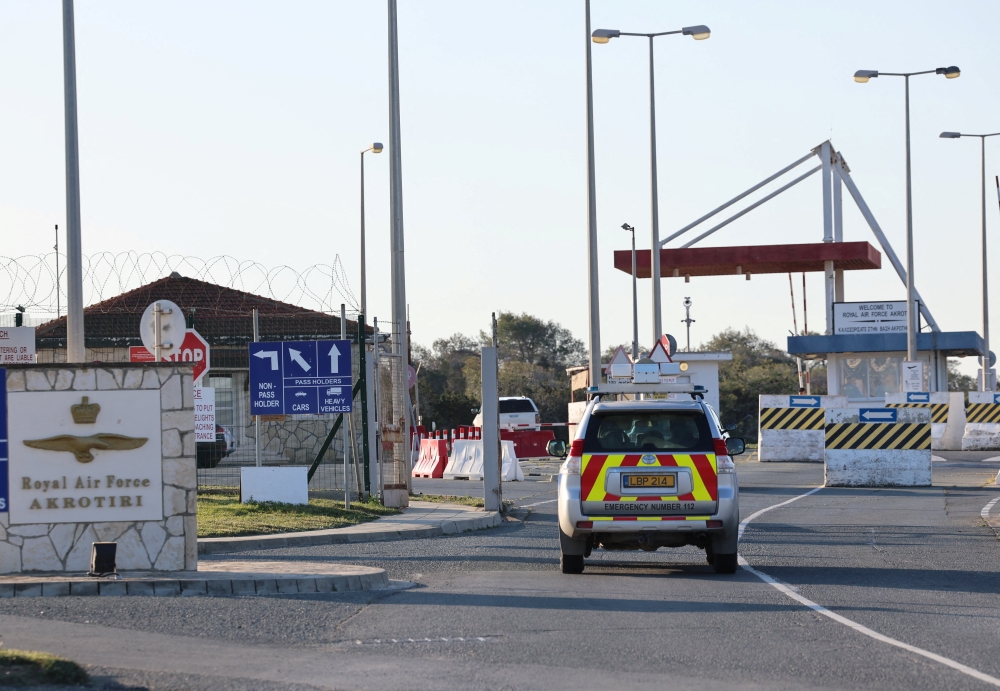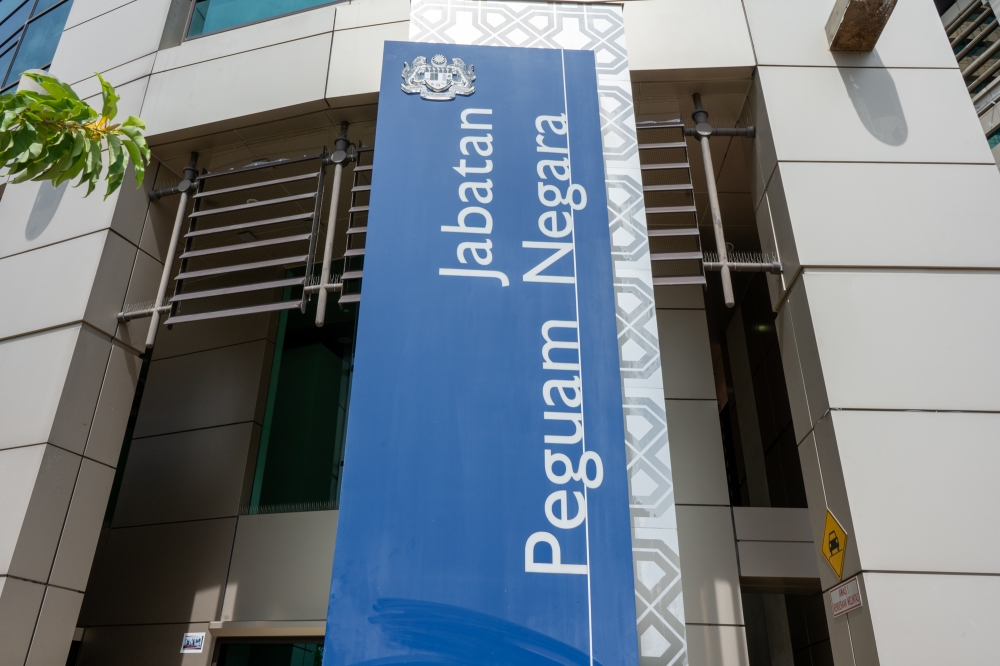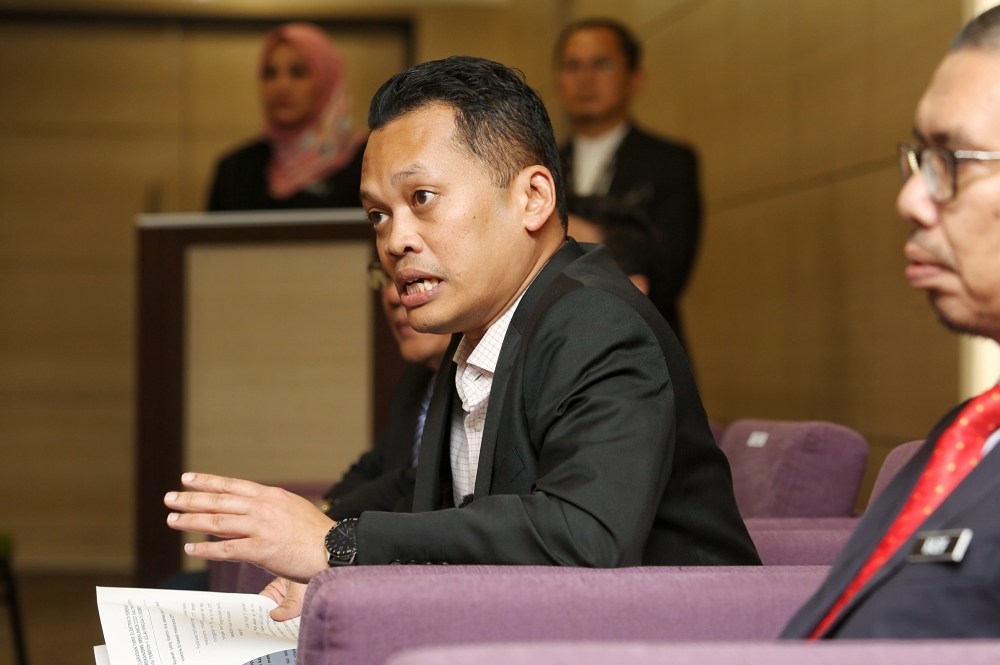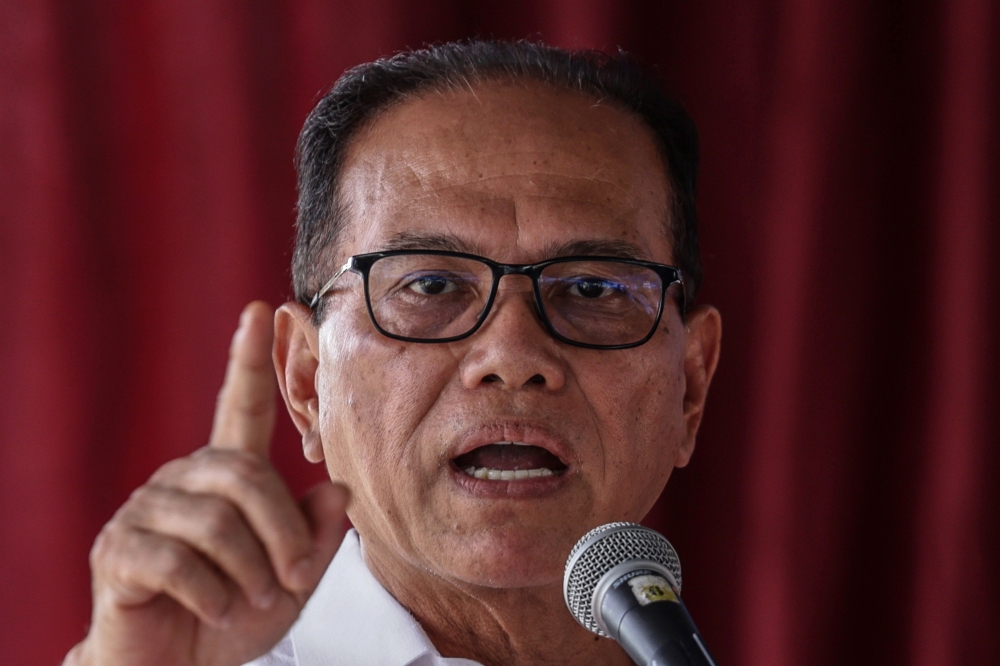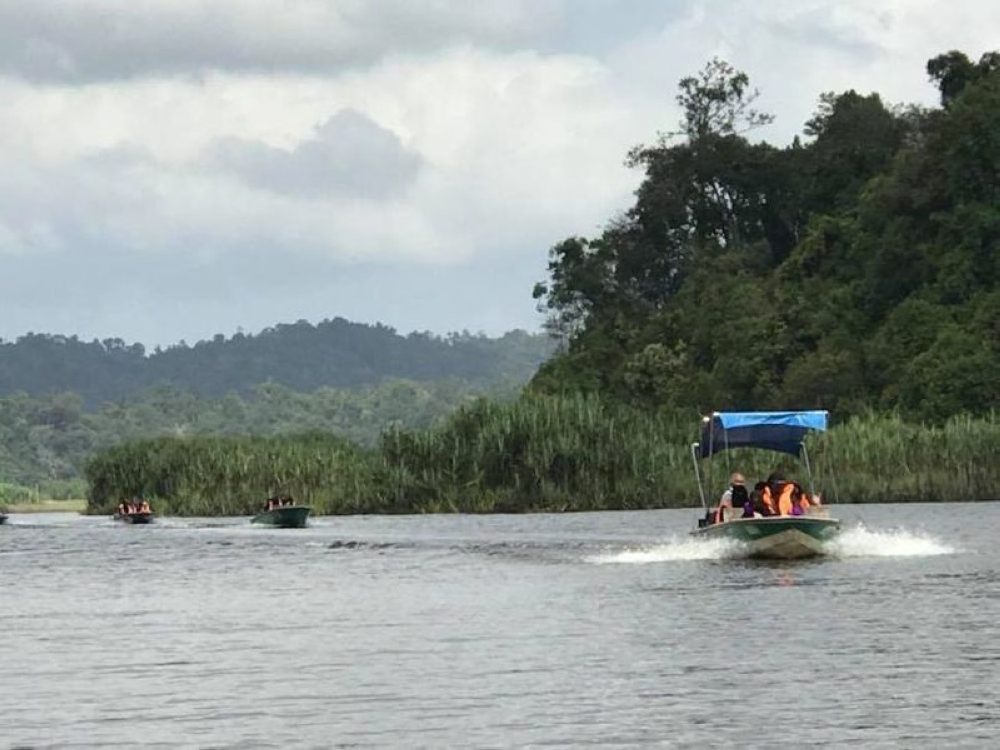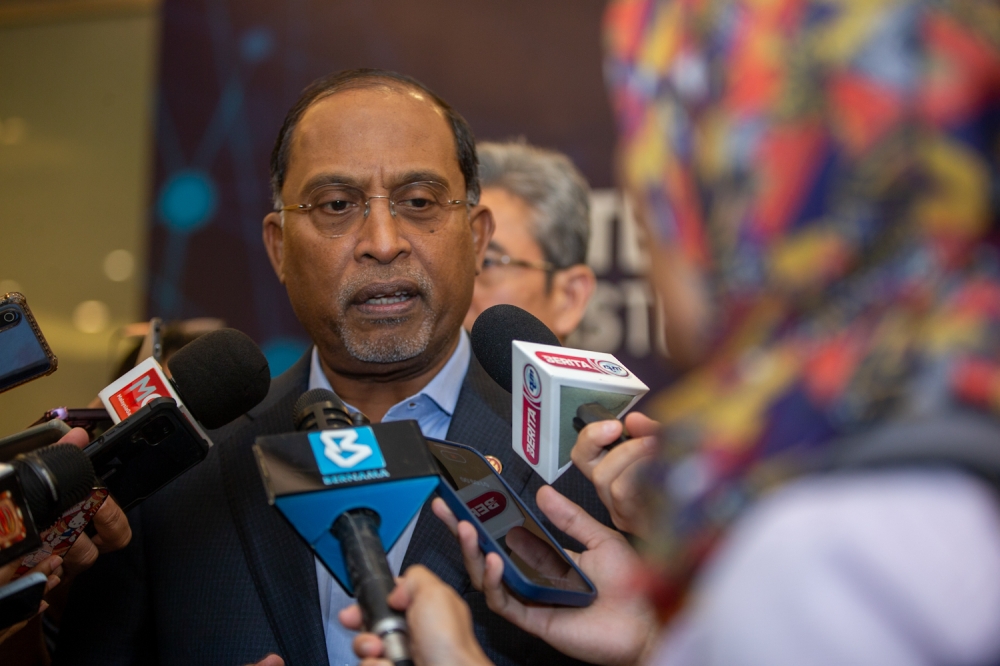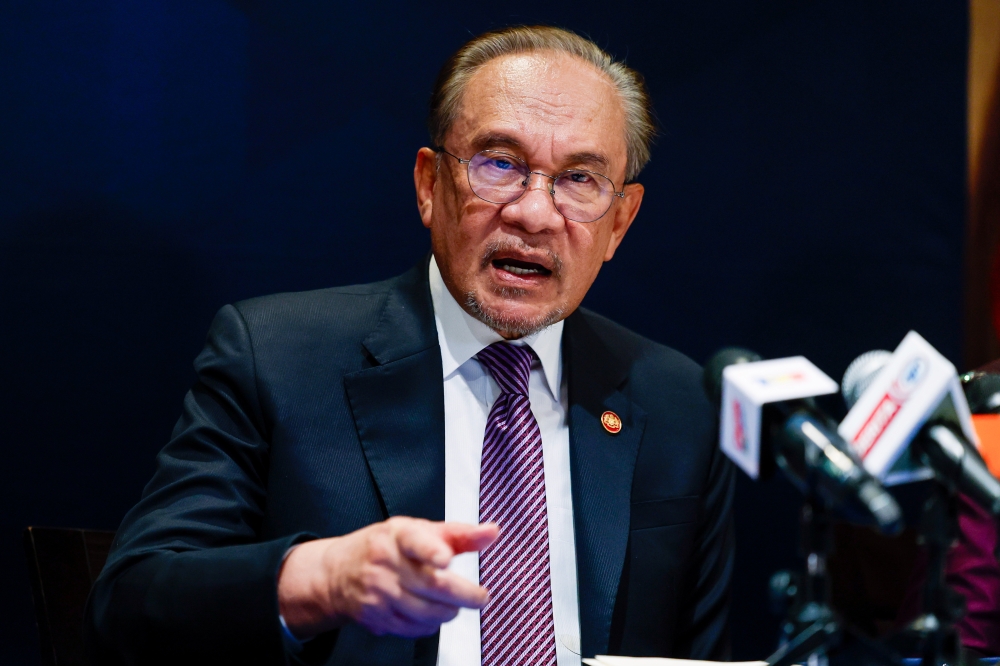KUALA LUMPUR, July 6 — Minister of Natural Resources, Environment and Climate Change Nik Nazmi Nik Ahmad said today he is probing the allegation that the Department of Environment had greenlit a project that had encroached into a peat swamp forest in Pahang.
RimbaWatch, a deforestation watchdog, said yesterday it had received reports that a company has been clearing peat swamp forests near Kampung Orang Asli Air Hitam and Tanjung Keruing in Pekan, Pahang, believed to be for palm oil planting.
Citing Global Forest Watch satellite data, the group said the project involves some 310 hectares of clearance so far, and it includes the loss of peat swamp forests. The clearing had also encroached into the native customary land that destroyed crops and graves of the Kampung Orang Asli Air Hitam and Tanjung Keruing communities.
“I am waiting for the report, and I am aware of it. I have asked for a full status report to be compiled,” the minister said briefly at a press conference held this morning.
Peat swamp forests are rich in biodiversity and are important natural carbon sinks.
Malaysia has made international commitments to preserve and enhance its natural carbon sinks, particularly the carbon-intensive peat swamp forest ecosystems, through frameworks such as the Paris Agreement. Under the National Action Plan on Peatland and National Policy on Biological Diversity 2016-2025, peatland clearing has been banned.
Projects involving the clearance of peat swamp forest for an area of 50 hectares or more are also required to be subject to public scrutiny under Schedule 2 of an EIA which need to be publicly displayed. RimbaWatch claimed the EIA is publicly available anywhere on the internet.
The group said all these raise questions as to how the EIA for the project could have been approved.
“RimbaWatch notes that an EIA for 402.33 hectares of oil palm plantation development on Lot PT5783 H.S.(D) 5356 in Kg. Air Hitam, Leper, Pahang, submitted by Pasfa, was approved by the Department of Environment on May 27, 2021,” it said in a statement released yesterday morning.
“We question how such an EIA could be approved, and how the project can be allowed to continue.”
Rimbwatch’s allegation about the dubious circumstances around the EIA issued for the project in Pahang is one of many that have been made against the DoE in the past few years alone.
The regulator has the sole power to assess and approve the environmental impact assessment report that is needed prior to any development project that involves land use, and environmental groups alleged many EIAs have been greenlit under questionable circumstances for projects that are controversial because they often involve environmental degradation.
This has prompted calls for the government to reform the way EIAs are approved to beef up safeguards.
Malaysian palm oil has been subjected to international bans on allegations that the commodity is produced unsustainably, often involving massive deforestation.
The Malaysian government has denied the allegation but at the same time pledged to scale up efforts to protect its forests.

